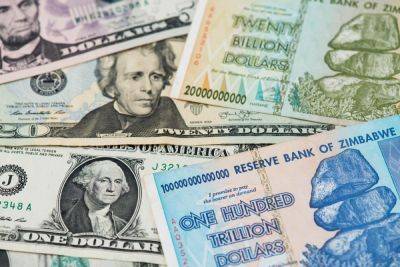CBDC benefits found in Digital Dollar Project’s pilot study
The Digital Dollar Project’s objective is to conduct research and explore possibilities of Central Bank Digital Currency (CBDC) in the US. CBDCs would be backed by the Federal Reserve, making them more reliable and stable than other cryptocurrencies currently in circulation, such as Bitcoin.
The pilot study examined how CBDCs could be utilised for cross-border remittances using distributed ledger technology (DLT), to create an infrastructure that converts digital US dollars to Philippine pesos.
Kevin Mole, global head of digital assets at Western Union, commented: "Through this pilot study, Western Union has identified several advantages for customers and financial institutions, laying the groundwork for ongoing evaluations of the feasibility and viability of utilising retail CBDCs for cross-border remittances."
The study found that CBDCs could benefit the unbanked and underbanked by being faster and more accessible and transferrable, and reduce the amount of failed transactions. They also highlighted that CBDCs could make transactions at a lower cost, reduce risk through instant settlements, and ensure transfer visibility that would generate more trust from users.
Jennifer Lassiter, executive director of The Digital Dollar Project, stated: "As conversations around CBDC and a 'digital dollar' mature, this cross-border payment pilot is a timely step towards understanding the impact and generating highly-applicable data for retail CBDC use cases. With the support of Western Union and other DDP partners, we will continue to generate the needed research and data to map feasible, real-world use cases that speak to financial institutions, policymakers, and technological partners."
The Digital Dollar Project aims to demonstrate
Read more on finextra.com






















